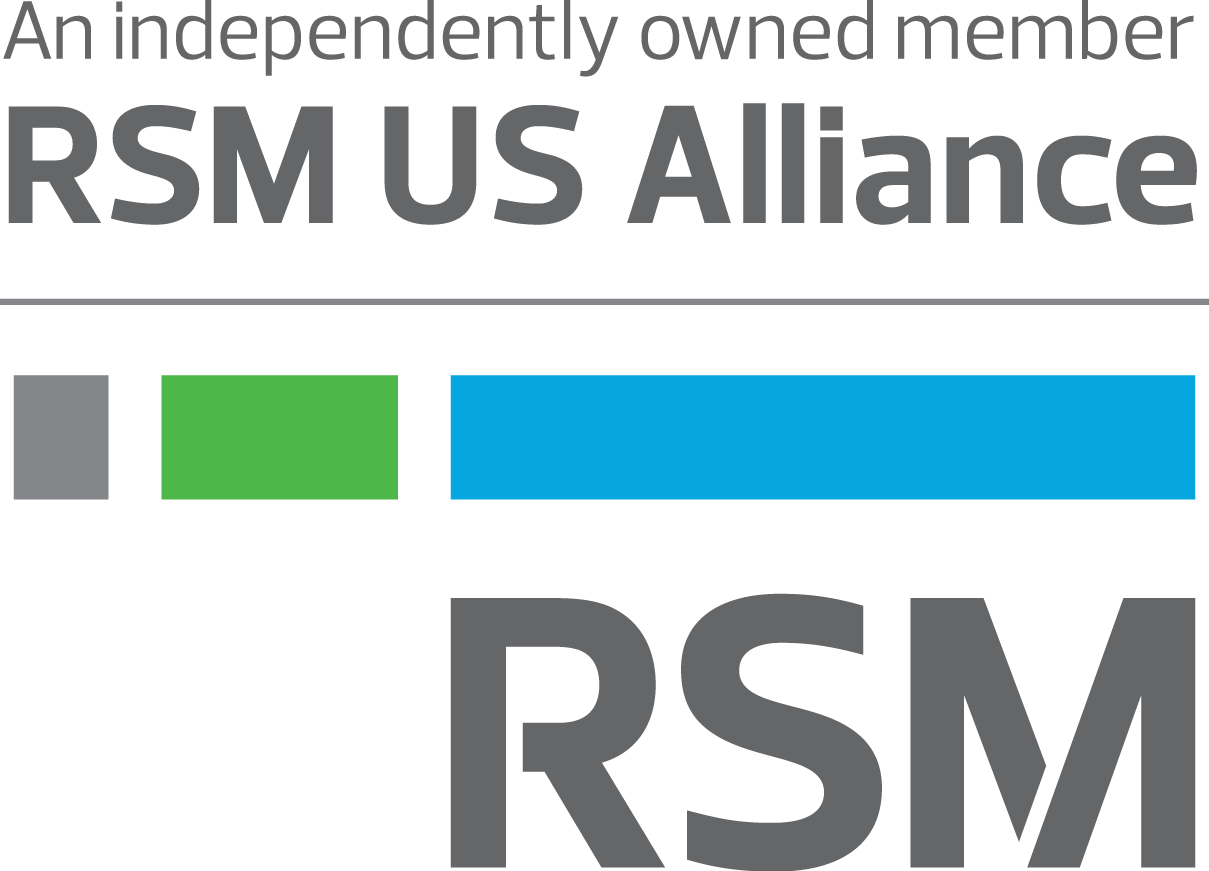The benefits of diversity for middle market companies

REAL ECONOMY BLOG | June 27, 2023
Authored by RSM US LLP
Companies large and small are embracing corporate diversity and inclusion campaigns amid increased pressure from investors, customers and employees. After all, bringing diversity to a company’s leadership, its workforce and its suppliers is not only good for society, but also, research has shown, boosts a company’s performance and profitability.
But for middle market businesses, many of which operate outside of the public spotlight, the path to greater diversity, equity and inclusion can be trickier to navigate and measure.
And there is a cost for them in the form of missed opportunities. Companies that invest the time and financial capital to recruit more talent from different backgrounds, hire diverse board members and invest in minority-owned businesses will find themselves on the frontline of financial gains.
According to BoardReady, a nonprofit that tracks boardroom diversity, firms with a higher diversity index score had a $4 billion increase in revenue, while lower-scoring companies had a decrease in revenue over the same period.
Why embrace diversity?
The business case for greater diversity is clear: Diversity spurs innovation, which brings profits.
- Innovation: More diversity brings more ideas and creativity to an organization, and helps challenge long-held assumptions.
- Recruitment: Attracting workers and retaining them are among the greatest challenges for middle market businesses, according to recent surveys for the RSM US Middle Market Business Index. Casting a wider net for talent only helps the recruitment challenge.
- Opening new markets: New ideas lead to new products that can reach underserved markets. As Harvard Business Review wrote of companies that embrace diversity: “Employees at these companies are 45% likelier to report that their firm’s market share grew over the previous year and 70% likelier to report that the firm captured a new market.”
Going the extra mile
While these benefits of diversity are often articulated, they are not as often implemented, especially in the middle market. That’s where accountability comes in. For middle market businesses, their smaller size and often private ownership can lead to a lack of accountability.
Larger companies, by contrast, are often publicly traded and face pressure from investors who have become increasingly vocal about meeting environmental, social and governance criteria.
The impact of efforts on this front will surface in both the S and G of ESG, which includes everything from investment in minority-owned businesses and suppliers to diversity within a company’s board of directors.
The Nasdaq exchange, for example, recently required listed companies to have two diverse directors and disclose board-level diversity statistics annually. If they do not meet these goals, which phase in through 2026, the companies need to explain why.
This push also extends to supplier networks. The single largest contributor to the success of minority owned businesses is access to capital and the appropriate networks to support those businesses in their initial phases.
According to a McKinsey study, only 4% of Black businesses make it past the startup phase, and Black entrepreneurs have approximately one-third of the capital that their white counterparts have to start their businesses.
Yet the buying power of minority Americans continues to outpace that of the total American population, according to data from the U.S. Census Bureau and the Bureau of Economic Analysis.
It seems more than appropriate that companies update their strategies to invest in minority-owned businesses as buying power among minorities grows.
 Source: U.S. Census and Bureau of Economic Analysis
Source: U.S. Census and Bureau of Economic Analysis
Bridging the gap
Let’s take a look at the impact on the middle market.
According to a report by Citi, if racial economic gaps for Blacks alone had been closed 20 years ago, gross domestic product in the United States would have grown by an estimated $16 trillion. Over the past five years, GDP would have grown by $5 trillion, which includes an additional $13 trillion in business revenue and 6.1 million jobs created per year.
This is significant given that African Americans have the highest unemployment rate among all groups, 5.6% compared to the U.S. average of 3.7%, according to the May employment report from the Labor Department.
How, then do middle market companies take advantage of these opportunities?
Many are partnering with local nonprofits to identify minority-owned businesses that they can invest in and support. Many have done so through involvement with the National Minority Supplier Development Council, which works to serve as a growth engine for minority businesses and advance economic equity
Other middle market companies are taking an industry-wide approach to addressing racial disparities in economic opportunity and equipping underserved communities with the tools to create wealth.
The results of these initiatives remain to be seen. But if there are not specific quantitative goals and ways to build accountability, the question remains: Will these investments stay a priority in difficult and uncertain times?
The takeaway
When companies embrace diversity in race, gender, religious background and other areas, they promote diversity in thought. That diversity in thought, in turn, drives discussion and innovation and leads to greater revenues and profits. Ultimately, this benefits the economy overall.
Increasing the diversity throughout your organization will not only improve your bottom line but it also accomplishes an altruistic goal.
As firms begin to enhance their diversity strategy, it will be important for them to think about it both internally and externally—and, in many cases, engage third parties to help take them to a more diverse future.
The benefits will be found in the bottom line.
This article was written by Kendra Blacksher, Cameron McMillian and originally appeared on 2023-06-26.
2022 RSM US LLP. All rights reserved.
https://realeconomy.rsmus.com/the-benefits-of-diversity-for-middle-market-companies/
RSM US Alliance provides its members with access to resources of RSM US LLP. RSM US Alliance member firms are separate and independent businesses and legal entities that are responsible for their own acts and omissions, and each are separate and independent from RSM US LLP. RSM US LLP is the U.S. member firm of RSM International, a global network of independent audit, tax, and consulting firms. Members of RSM US Alliance have access to RSM International resources through RSM US LLP but are not member firms of RSM International. Visit rsmus.com/aboutus for more information regarding RSM US LLP and RSM International. The RSM(tm) brandmark is used under license by RSM US LLP. RSM US Alliance products and services are proprietary to RSM US LLP.

MBE CPAs is a proud member of RSM US Alliance, a premier affiliation of independent accounting and consulting firms in the United States. RSM US Alliance provides our firm with access to resources of RSM US LLP, the leading provider of audit, tax and consulting services focused on the middle market. RSM US LLP is a licensed CPA firm and the U.S. member of RSM International, a global network of independent audit, tax and consulting firms with more than 43,000 people in over 120 countries.
Our membership in RSM US Alliance has elevated our capabilities in the marketplace, helping to differentiate our firm from the competition while allowing us to maintain our independence and entrepreneurial culture. We have access to a valuable peer network of like-sized firms as well as a broad range of tools, expertise, and technical resources.
For more information on how the MBE CPAs can assist you, please call us at (608) 356-7733.
